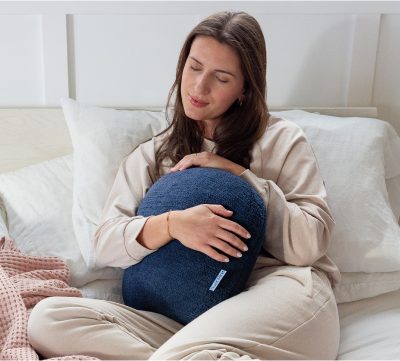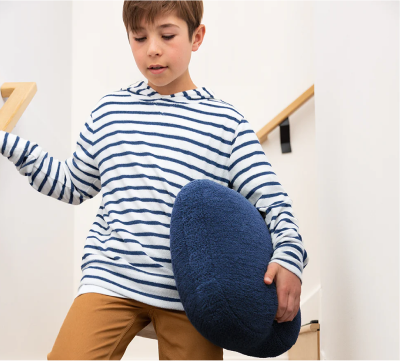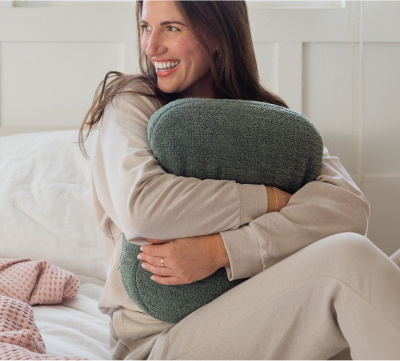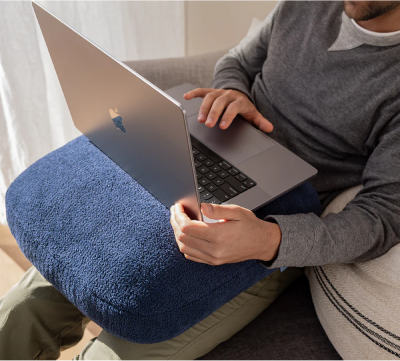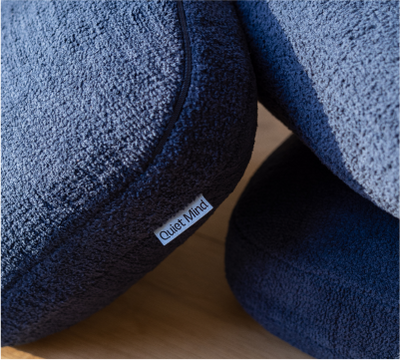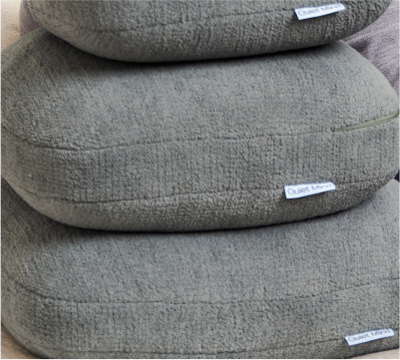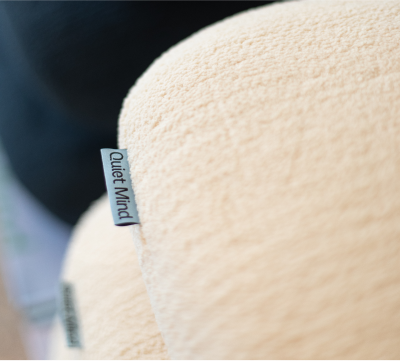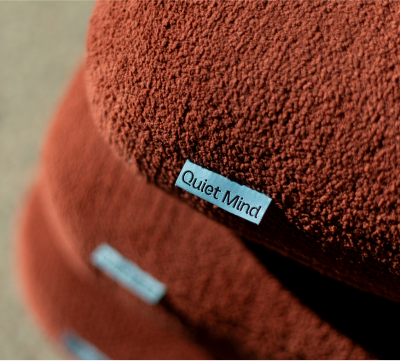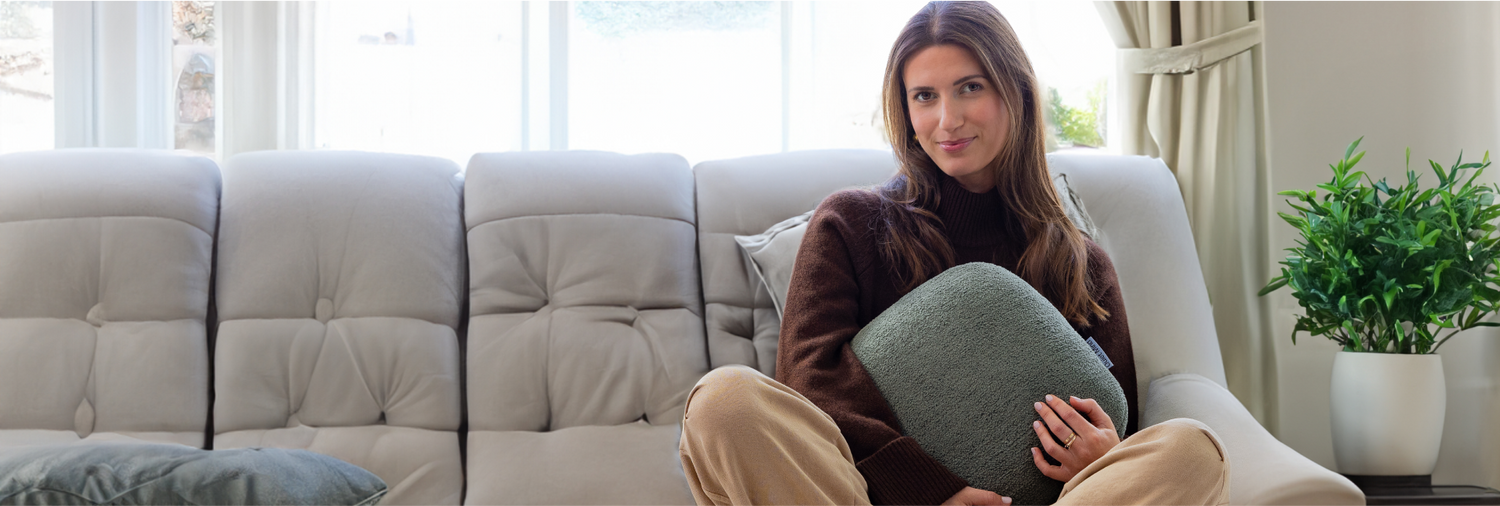Sleep isn’t just a nightly ritual, it’s a vital reset for the entire body. It’s when tissues repair, the heart slows, and the mind processes memory and emotion. But when that rhythm is disrupted every night, the effects are far-reaching.
If you suffer from sleep apnea, you may already know this firsthand. From brain fog and daytime sleepiness to elevated blood pressure and emotional strain, the consequences can build. But when it starts to affect your job, your relationships, or your overall health, a key question arises: Is sleep apnea a disability and can you qualify for benefits?
Understanding where a condition like sleep apnea intersects with legal protections can help you access care, support, and possibly even monthly benefits.
What Is Sleep Apnea and How Does It Affect Daily Life?
Sleep apnea is more than disrupted rest, it’s a condition that can touch nearly every part of your life. It causes repeated pauses in breathing during sleep, often unnoticed in the moment but deeply felt by morning.
Types of Sleep Apnea: Obstructive, Central, and Complex
There are three main causes of sleep apnea, each with slightly different mechanisms:
- Obstructive Sleep Apnea (OSA): The most common form of sleep apnea, caused by airway muscles relaxing too much. The throat collapses or becomes too narrow to stay open during sleep, interrupting airflow.
- Central Sleep Apnea (CSA): A neurological condition where the brain fails to send consistent signals to the muscles that control breathing.
- Complex Sleep Apnea: A mix of both types, often emerging in those being treated with continuous positive airway pressure (CPAP) therapy.
No matter the type, apnea can result in severe fatigue, irritability, and even more serious conditions like chronic pulmonary hypertension, stroke, and heart failure. Understanding the type of sleep apnea you have is an important first step toward treatment and achieving better sleep.
How Sleep Apnea Impacts Health and Functioning
Living with sleep apnea disorder is not just about snoring or waking up tired. Over time, the symptoms of sleep apnea can interfere with nearly every area of life.
Sleep Apnea Symptoms Often Include:
- Loud, chronic snoring
- Choking or gasping during sleep
- Frequent nighttime awakenings
- Daytime sleepiness, even after a full night's rest
- Brain fog, memory lapses, or trouble concentrating
- Morning headaches or dry mouth
Many people with sleep apnea also experience depression, anxiety, or mood swings, especially if the condition is untreated. Managing symptoms is often part of learning how to sleep better at night naturally.
Sleep Apnea Can Lead to Long-Term Health Risks
Left unaddressed, chronic sleep disruption caused by apnea increases the risk of:
- Heart failure and arrhythmias
- Chronic pulmonary hypertension
- High blood pressure and insulin resistance
- Cognitive decline and emotional instability
If your condition is severe enough to interfere with daily function or prevent you from working, it may fall under the definition of disability under disability law.
Can Sleep Apnea Be Considered a Disability?
Whether or not you can get disability for sleep apnea depends on how severely it impacts your ability to work or carry out major life tasks. Sleep apnea alone doesn’t automatically qualify but when symptoms are persistent and poorly controlled, the law may see it differently.
Medical vs. Legal Definitions of Disability
- Medically, a disability refers to a condition that limits one or more major life activities, such as breathing, sleeping, or working.
- Legally, definitions vary. The Americans with Disabilities Act (ADA) and Social Security Administration (SSA) assess not only the presence of a condition, but the extent of its impact on your life.
Sleep apnea doesn’t automatically qualify as a disability. But if it severely impairs your function, even with treatment, it may.
Factors That Determine Disability Status for Sleep Apnea
When determining whether sleep apnea qualifies as a disability, agencies and legal bodies consider:
- The severity of symptoms and how they limit daily function.
- Whether positive airway pressure or other treatment for sleep apnea has been effective.
- The presence of co-occurring conditions, such as heart failure or depression.
- Your current ability to sustain work or daily responsibilities.
- Evidence from a formal sleep test (polysomnography).
These factors help evaluate whether you meet the disability listing for breathing-related disorders, or whether your condition qualifies based on residual functional capacity loss.
Is Sleep Apnea a Disability Under the ADA (Americans with Disabilities Act)?
Sleep apnea may qualify as a disability under the ADA if it significantly limits one or more major life activities; such as breathing, sleeping, or concentrating. In line with guidance from the U.S. Department of Labor, this classification can make individuals eligible for reasonable workplace accommodations aimed at maintaining safety, productivity, and health.
Workplace Accommodations and Employee Rights
According to the U.S. Department of Labor’s Job Accommodation Network, employees with medically documented sleep disorders like sleep apnea may request adjustments that support daily functioning and job performance. These can include:
- Modified work hours or flexible schedules to account for disrupted sleep patterns.
- Rest breaks throughout the day to manage fatigue.
- Permission to use CPAP machines or other prescribed medical equipment as needed.
- Reassignment to less safety-sensitive roles where necessary.
These accommodations are not automatic. Employees must disclose their condition and provide supporting medical documentation. However, once this process begins, the ADA ensures their right to fair treatment and support.
How Employers Must Address Sleep Disorders
Employers are legally obligated to engage in what the ADA calls an “interactive process”, a collaborative dialogue designed to identify reasonable accommodations without causing undue hardship to the organization. They may not dismiss or penalize an employee solely on the basis of a diagnosis.
Understanding your rights under the ADA, along with the Department of Labor’s framework for accommodations, is the first step. This knowledge allows you to create space for openness, flexibility, and a more sustainable work environment when managing sleep apnea.
Sleep Apnea and Social Security Disability Benefits
If sleep apnea symptoms are severe enough to prevent you from working, you may be eligible for Social Security Disability Insurance (SSDI) or Supplemental Security Income (SSI). These are two programs managed by the Social Security Administration (SSA).
Qualifying Criteria for SSDI or SSI
To receive SSDI benefits or receive SSI benefits, your condition must:
- Be expected to last at least 12 months or result in death.
- Be medically documented through tests like a sleep test.
- Prevent you from performing substantial gainful activity (SGA), meaning you cannot work full time or sustain employment.
For people with severe sleep apnea, especially when combined with related breathing disorders or cognitive impairment, these requirements can be met, but not automatically.
|
Criteria |
Description |
Relevance to Sleep Apnea |
|
Severity of Condition |
Demonstrated impact on work and daily functioning |
Requires comprehensive sleep study |
|
Medical Documentation |
Diagnosis, treatment, physician notes |
Sleep studies, CPAP adherence, side effects |
|
Functional Limitations |
How the condition restricts work-related abilities |
Fatigue, memory issues, attention deficits |
How to File a Disability Claim for Sleep Apnea
Applying for disability is a multi-step process, but it’s possible to win your benefits if your condition is well documented and clearly described.
Steps to Apply for Disability Benefits:
1. Gather medical records: Include your apnea diagnosis, sleep apnea results, CPAP logs, and notes from your provider.
2. Start the application: You can apply for disability benefits online at SSA.gov, by phone, or in person.
3. Describe your limitations: Share how sleep apnea symptoms affect your ability to concentrate, stay awake, or complete daily tasks.
4. Follow up: Respond promptly to SSA inquiries. Many delays or denials are due to missing documentation.
If you’re denied, don’t give up. Many applicants are awarded benefits on appeal.
Veterans and Sleep Apnea Disability Ratings
For veterans, sleep apnea can qualify as a service-connected condition, making them eligible for VA disability compensation.
Understanding VA Disability Ratings for Sleep Apnea
The VA assigns disability ratings based on severity and functional impact:
|
Rating |
Description |
|
0% |
Diagnosis confirmed, but no significant impairment |
|
30% |
Use of continuous positive airway pressure (CPAP) device required |
|
50% |
Persistent symptoms despite treatment |
|
100% |
Total occupational and social impairment |
To qualify for VA disability, you must submit:
- A formal apnea diagnosis
- Sleep study data
- Evidence linking your condition to military service
Veterans experiencing chronic symptoms or those whose condition worsens over time may be eligible for increased benefits.
Documentation Needed to Prove Sleep Apnea as a Disability
A successful claim, whether through SSA, ADA, or VA, relies on the strength of your documentation.
Medical Records and Sleep Study Results
Your claim should include:
- Formal diagnosis from a sleep specialist.
- Polysomnography (sleep study) showing apnea episodes and oxygen saturation.
- Records of CPAP or BiPAP usage, and how you’ve responded to treatment.
|
Test Parameter |
What It Measures |
Why It Matters |
|
Brain Activity |
Sleep stages and disturbances |
Confirms quality of rest |
|
Breathing Patterns |
Frequency and duration of apnea events |
Establishes severity |
|
Oxygen Saturation |
Drops in blood oxygen during sleep |
Indicates physiological impact |
Functional Limitations and Daily Impairments
Beyond clinical data, your application should describe how sleep apnea affects your daily life:
- Trouble concentrating or staying awake.
- Fatigue that interferes with work or personal responsibilities.
- Emotional distress or cognitive impairment.
Physician statements that outline these limitations can significantly strengthen your case.
Common Challenges in Getting Sleep Apnea Approved as a Disability
Understanding the barriers ahead can help you prepare more thoroughly and avoid common pitfalls.
Reasons Claims Get Denied
- Insufficient medical evidence.
- Incomplete or outdated sleep study results.
- Lack of detail about how sleep apnea limits daily life.
- Non-adherence to treatment (e.g., refusing CPAP use).
|
Reason |
Description |
What You Can Do |
|
Insufficient Documentation |
Missing key tests or reports |
Gather detailed records from your doctor |
|
Lack of Functional Evidence |
Not enough impact shown |
Keep a symptom journal or daily log |
|
Treatment Noncompliance |
Skipping prescribed therapies |
Demonstrate consistent effort to follow care plan |
Tips for Strengthening Your Disability Application
- Maintain a consistent treatment record (e.g., CPAP usage logs).
- Include letters from healthcare providers about how your condition affects work and life.
- Provide a personal statement describing your daily experience with sleep apnea.
- Consider consulting a disability attorney or advocate for added support.
These steps help ensure that your application reflects the full picture not just a diagnosis, but its lived impact. When apnea treatment alone doesn’t resolve symptoms, many begin to explore methods to cure poor sleep through additional strategies and support.
Final Thoughts on Sleep Apnea and Disability Classification
Sleep apnea is often misunderstood, but its impact is deeply real. From chronic fatigue to cognitive difficulties, sleep apnea can lead to invisible limitations that shape your health and your life.
If you suffer from sleep apnea and it’s limiting your ability to function, work, or focus, know that support exists. Whether you’re pursuing VA disability compensation, exploring SSA benefits, or just trying to better understand your rights under disability law, you deserve to be heard.
Through strong documentation, clear communication, and a calm but confident approach, it is possible to get disability for sleep apnea, and reclaim not just your rest, but your rhythm.
About Quiet Mind
At Quiet Mind, we understand that chronic sleep disruption isn’t just exhausting, it’s disorienting. Whether you’re navigating a diagnosed condition like sleep apnea or simply struggling to feel rested, the path back to balance starts with safety, comfort, and calm.
Our tools are designed to support the body’s natural rest rhythms through gentle, sensory-based interventions. A steady breath. A softly weighted pillow. A darkened, quiet room. These small elements can help regulate overstimulated systems and make rest feel possible again.
Our signature weighted pillows offer grounding pressure that pairs beautifully with evening routines, CPAP use, or wind-down practices for those dealing with disrupted or fragmented sleep. They’re not treatments but they are companions in rest.
Because rest shouldn’t feel out of reach. Sometimes, it just needs the right conditions to return.
Frequently Asked Questions
Is sleep apnea considered a disability?
Yes, it can be, if it substantially limits your ability to work or function. Legal recognition varies between the ADA, SSA, and VA.
What type of sleep apnea is most likely to qualify for disability benefits?
Obstructive Sleep Apnea (OSA) is most commonly cited in disability claims, but central and complex types may also qualify if severe.
What are the qualifying criteria for SSDI or SSI benefits for sleep apnea?
You must prove that your sleep apnea prevents you from maintaining gainful employment and meets SSA’s severity standards.
How do I file a disability claim for sleep apnea?
Gather your medical evidence, sleep study results, and documentation of daily limitations. Then apply through the SSA website, phone, or office.
Can I receive VA disability benefits for sleep apnea?
Yes, if you can show that your condition is service-connected and supported by a formal diagnosis and treatment history.
What documentation is needed to prove sleep apnea as a disability?
Sleep study results, physician notes, CPAP usage records, and evidence of daily impairments, both medical and personal are essential to prove that your sleep apnea is a disability.
